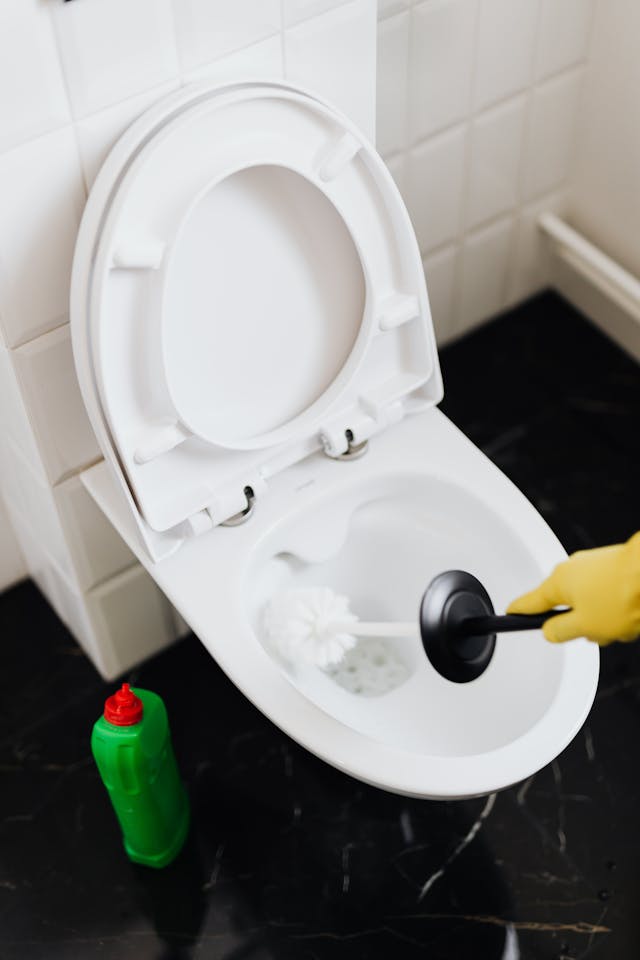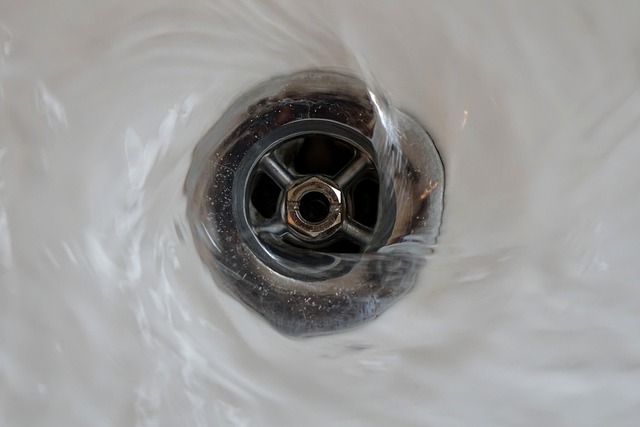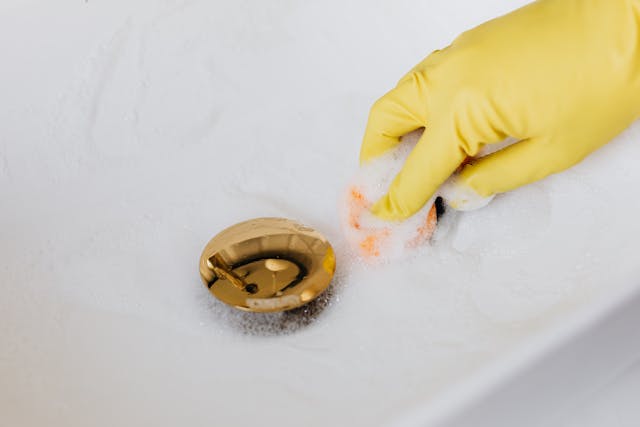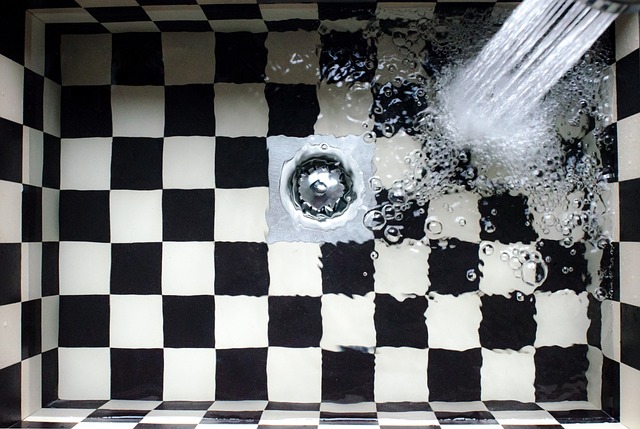
Let’s face it, dealing with clogged drains is a real headache. Whether it’s the sink in the kitchen or the shower in the bathroom, a blocked drain can slow down your day and cause bigger issues if left untreated. But the good news? With a little effort, you can avoid these messy situations altogether. Proper drain maintenance can go a long way in preventing clogs, saving you time, stress, and even a plumber’s bill.
Watch What Goes Down the Drain
This may seem like common sense, but you’d be surprised how much ends up going down the drain that really shouldn’t. Hair, grease, and food particles are the most frequent culprits behind clogged drains and, therefore, one of the most common reasons people need professionals in plumbing Plano TX. One of the simplest ways to avoid clogs is by being mindful of what you allow to wash down.

Kitchen Sinks
In the kitchen, food scraps and oils are the main offenders. Even if you have a garbage disposal, it’s not a good idea to rely on it for everything. Coffee grounds, eggshells, pasta, and rice all expand when wet, making them notorious for causing blockages. And grease? It may go down as a liquid, but it hardens up once it cools, sticking to the insides of your pipes.
Bathroom Drains
In the bathroom, hair and soap scum are the top causes of clogs. Hair can quickly form a tangled mess in the pipes, while soap scum builds up over time, restricting the flow of water.
Use Drain Screens
Here’s a quick and inexpensive fix—use drain screens! These little mesh or metal covers sit on top of the drain and catch any debris before it can go down the pipes. They’re especially useful for catching hair in the shower or food bits in the kitchen sink. Drain screens are easy to clean and can drastically reduce the chance of clogs.
Where to Use Them
- Bathroom sinks – Catch small hair strands and soap bits.
- Showers – Stop hair from building up in the drain.
- Kitchen sinks – Collect food scraps and larger particles before they head into your pipes.
Flush Drains Regularly with Hot Water

Flushing your drains with hot water once a week is an easy way to keep things flowing smoothly. Hot water helps break down grease and other substances that can lead to buildup. Just boil a pot of water, carefully pour it down the drain, and let it do its work. It’s one of those maintenance tasks that takes almost no time but can make a big difference.
Pro Tip:
If you want to take it a step further, mix the hot water with some dish soap. The soap helps to cut through grease and oils that might be lining the pipes, especially in kitchen drains.
Use Baking Soda and Vinegar for a Deeper Clean

When it comes to natural, non-toxic cleaning solutions, baking soda and vinegar are a winning combo. They work well for breaking down minor clogs and preventing buildup. Here’s how to use them:
- Pour half a cup of baking soda down the drain.
- Follow with half a cup of vinegar.
- Wait about 15 minutes while the mixture fizzes and breaks down debris.
- Flush with hot water.
This method can help dislodge gunk that may be clinging to the pipes and keep things flowing smoothly. It’s also a great way to neutralize any unpleasant odors coming from your drains.
Clean the Drain Stoppers and Strainers
When was the last time you checked your sink’s stopper or strainer? These little pieces are often overlooked but can collect hair, soap scum, and food debris. If left uncleaned, this gunk will eventually make its way down the drain and cause problems.
Every couple of weeks, remove the stoppers and strainers and give them a good clean. You’ll be surprised how much buildup can accumulate in a short amount of time!
Steps to Clean:
- Remove the stopper or strainer.
- Scrub it with a brush and dish soap.
- Rinse thoroughly before putting it back in place.
Avoid Chemical Drain Cleaners
While it may be tempting to reach for a chemical drain cleaner when your pipes start slowing down, these products can do more harm than good. Harsh chemicals can damage your pipes over time, especially if you use them regularly. They might also kill beneficial bacteria in your septic system if you have one.
Instead, stick with natural cleaning methods or, if things are really bad, call a plumber. It’s better to prevent the problem from worsening with proper maintenance than to rely on chemicals as a quick fix.
Inspect Your Drains Regularly
Think of your drains like any other part of your home—they need regular check-ups. Every month or so, take a few minutes to inspect your drains for any signs of slow draining or unusual odors. Catching a potential clog early can save you from a full-blown blockage later on.

Warning Signs to Look For:
- Slow draining – Water pooling around your feet in the shower or taking a long time to drain from the sink.
- Gurgling sounds – If you hear strange noises coming from the drain, it could indicate a blockage starting to form.
- Unpleasant smells – Foul odors coming from the drain may signal buildup inside the pipes.
Know When to Call a Professional
If you’ve tried everything and your drain is still blocked or slow, it might be time to call in a plumber. While most clogs can be handled with simple maintenance, some issues are more complicated. A professional can inspect your pipes, use specialized tools, and ensure your plumbing is in good health.
Preventing drain clogs doesn’t have to be difficult or time-consuming. With a little attention and regular upkeep, you can keep your drains flowing smoothly and avoid the stress of unexpected blockages. Remember, a little prevention goes a long way! So, take care of your pipes, and they’ll take care of you.